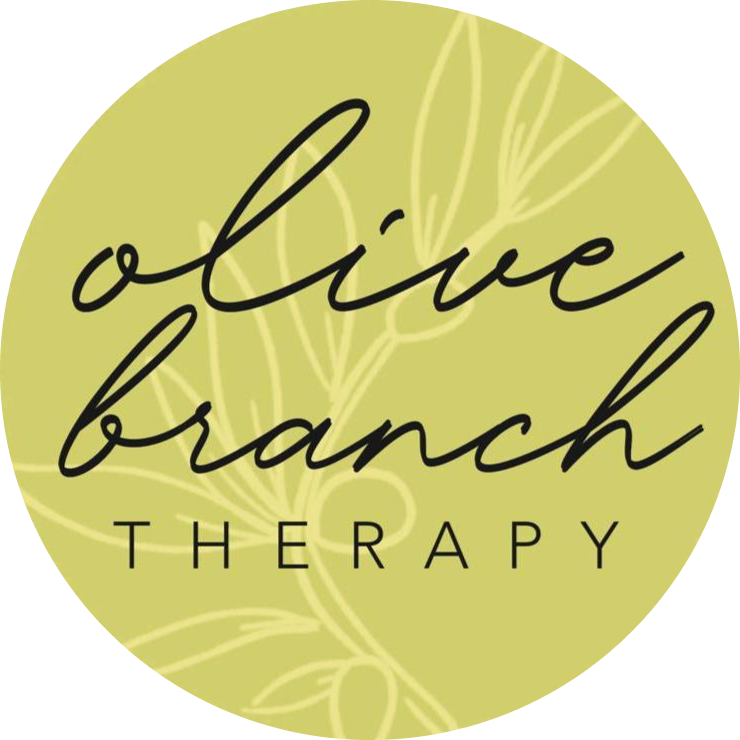1) Practice Mindfulness to remain connected to the present moment. Paying attention to the present moment can be difficult or even painful – but the present is all we have. Addressing change in the recovery process is near impossible while obsessing over past mistakes or future anxieties. Utilizing the five senses to remain anchored to the present will allow an individual to act with purpose. Note the urge to remain half-present, to be somewhere else, to multitask – and refocus to the here and now.
2) Balance Acceptance with Change. Recovery is a delicate balance of accepting yourself exactly as you are (how far you’ve come and the progress you have made) with change (what work still needs to be done). Acknowledging progress on the difficult days and moving towards change during times you feel capable can prevent backsliding and keep you focused on your goals. Recovery is a lifelong process; reflecting on personal successes and accomplishments can be “enough” at times.
3) Addiction is a disease – not some moral failing. Science has shown that addiction and substance use overtime can create structural and physiological changes in the brain and make recovery a gargantuan task. It is important to note addiction affects individuals from all walks of life; not a particular “type” of person. When stigma and prejudice is challenged – this public health crisis can be addressed further and more successfully.
4) Shame and Guilt will keep you sick – challenge and reframe these emotions often. Substance use is often an emotion-driven behavior. An individual can use substances to detach from intense feelings of shame and guilt which inevitably cause these emotions to rebound strongly and a perpetual cycle to develop. Reframing these two emotions as acting out of alignment with personal goals or values in the recovery process will allow an individual to lessen the intensity of shame and guilt and process accordingly. Shame and Guilt can instead be used as a personal compass or navigation system of “Who am I now?” and “Where would I like to be?” as opposed to a primary or secondary reason to use.
5) Early sobriety can be difficult and can cause individuals to fall back into old using patterns. Individuals with long-term sobriety or even mental health professionals can be fall prey to “selling recovery” with the best intentions to individuals in early sobriety or ongoing use. It can be important to step back from sensationalizing (“It feels great!”, “I’ve never been better!”) and acknowledge the uncomfortable early days. Yes early sobriety can be difficult for a number of reasons-physical withdrawal, overwhelming emotions, unaddressed trauma – but these difficulties are not permanent. People can and do heal from trauma and emotions lessen in intensity overtime.
6) Harm Reduction versus Abstinence For some people, abstinence – completely stopping substance use and adhering to a sober lifestyle–in early recovery can be incredibly difficult or feel impossible. As the journey in recovery is completely individualized, it could be easier for the person using substances to work at reducing harm while slowly moving toward complete abstinence. For example, if substance use cannot be completely stopped now, can it be reduced? In the case of intravenous substance use, can sterile needles be acquired each time in order to prevent physical health conditions like HIV and Hepatitis C? Marsha Linehan, creator of dialectical behavioral therapy, notes there are pros and cons to both abstinence and harm reduction. People working within the abstinence model stay “on the wagon” longer but subscribers to the harm reduction model recover quicker from a slip or lapse.
7) Self-Care and social connection are key components in the recovery process. Recovery is so much more than cessation of substance use. Both individuals in early recovery and people who have been sober for decades require frequent self-care practices and healthy social connections. Self-care can be as simple as going for a walk after a hard day to something as intense as repeated boundary setting and disconnecting from unhealthy individuals. It is important to secure social supports and utilize self-care frequently- not just in a crisis or when mental health worsens.
Charles Schuh, LCSW
Click here for more information on Substance Abuse Treatment.



